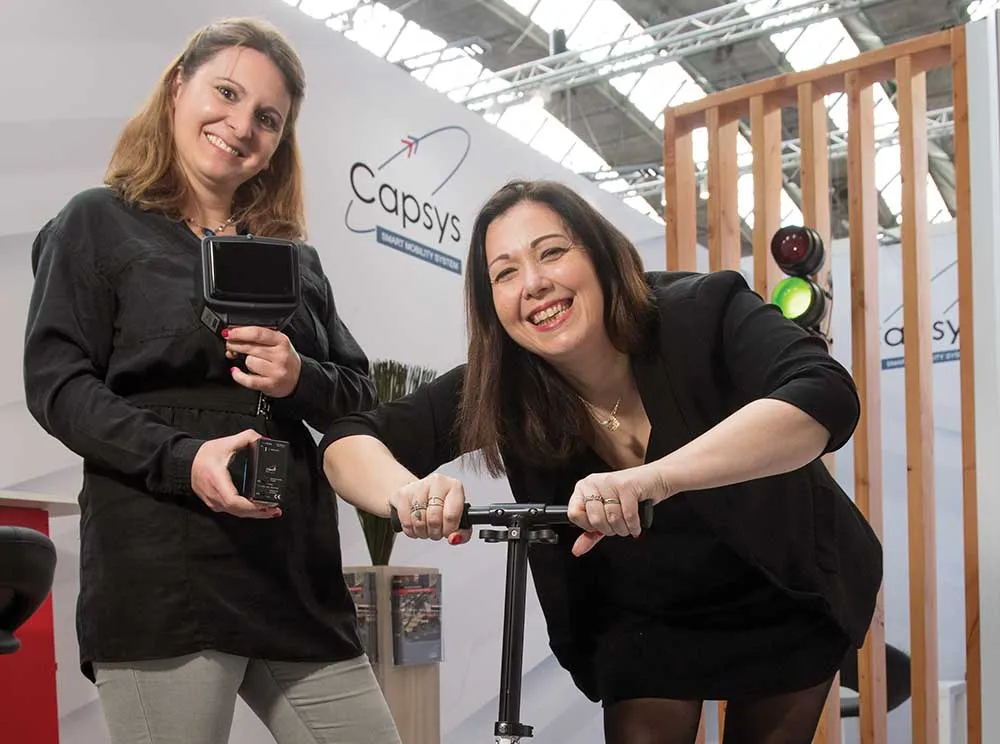Icoms Detections will use Intertraffic Amsterdam to launch the ITVP2, a new radar that simulates two virtual loops for both approaching and stop-line detection.
February 8, 2016
Read time: 1 min










